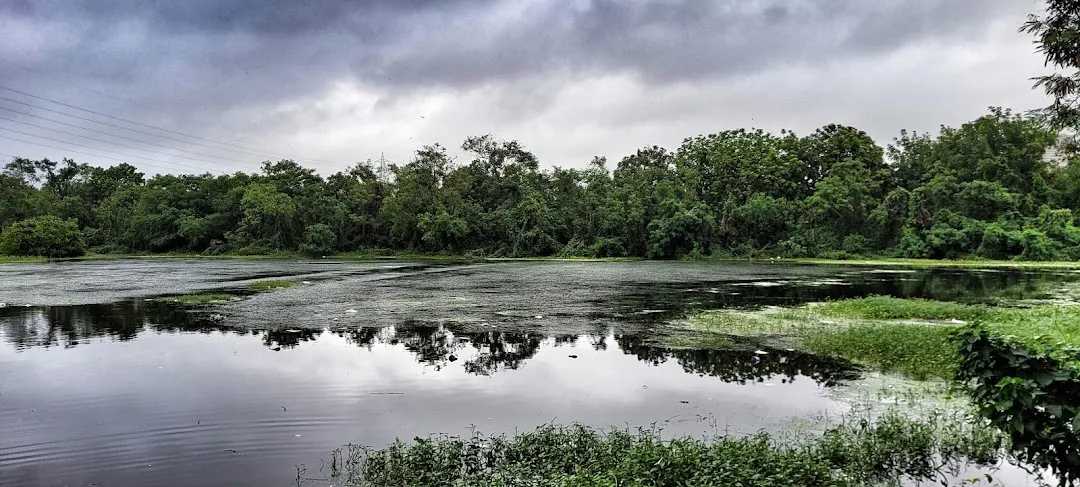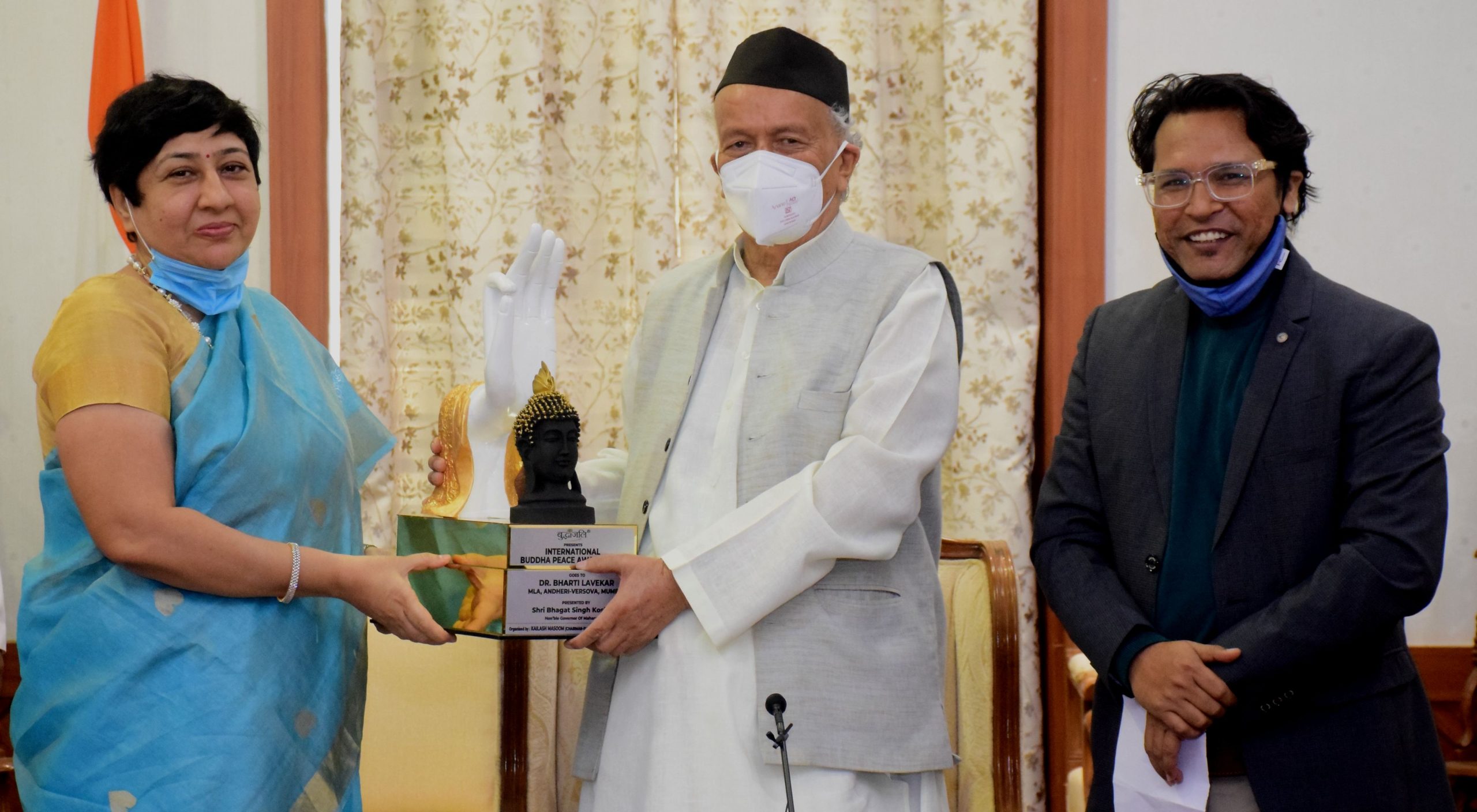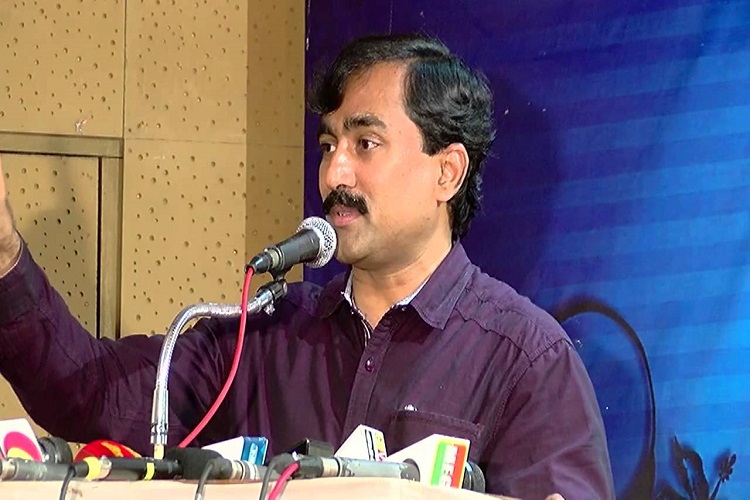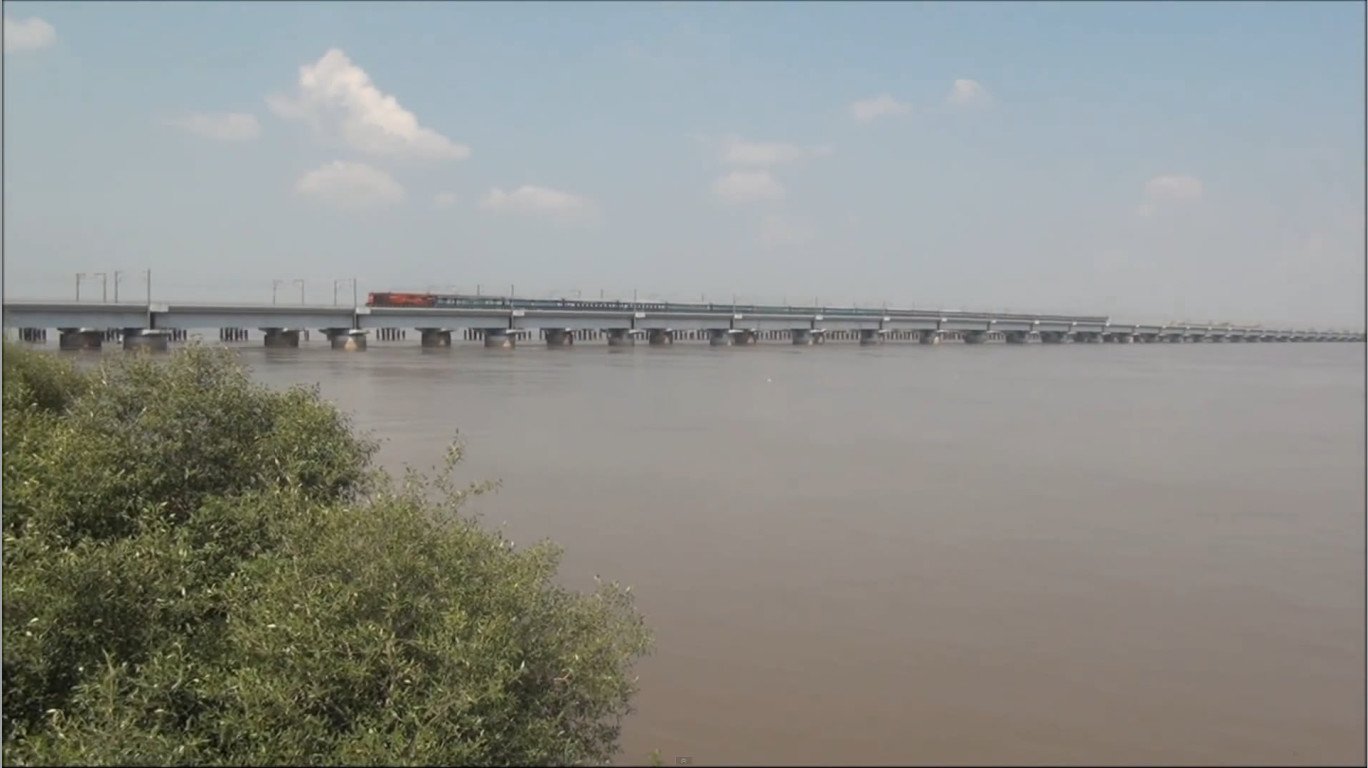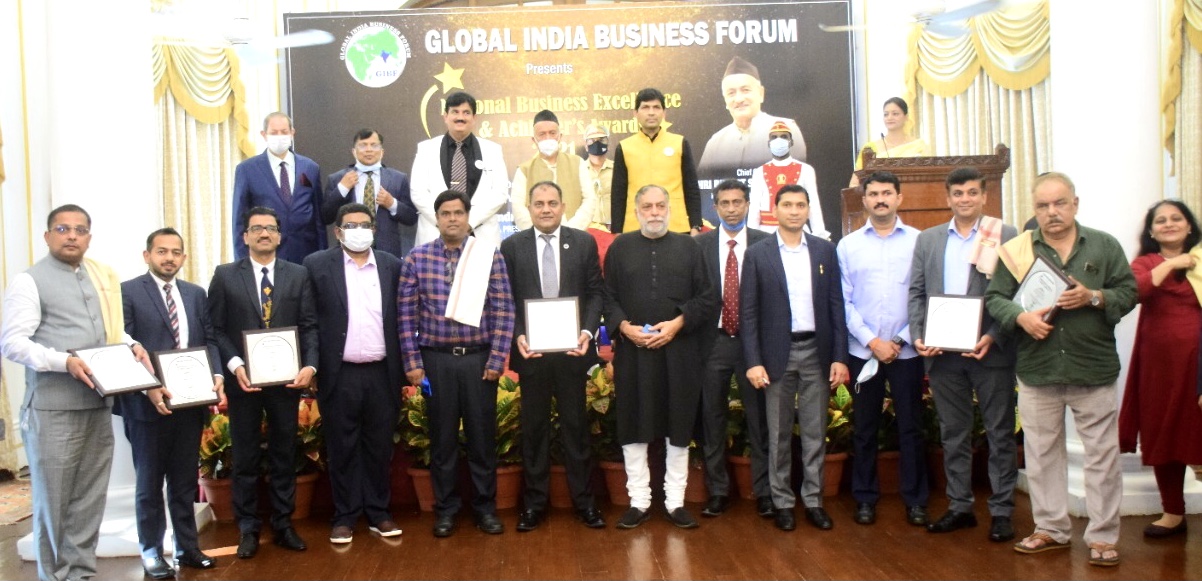By Prof Lalit Vashista
Lakes and other water bodies are vital ecosystems that support biodiversity, and serve as recreational areas. Their health is often threatened by human activities, leading to excessive algal growth, depletion of dissolved oxygen, and the formation of dead zones. To ensure long-term sustainability, lake management should prioritise non-chemical methods that enhance water quality and control algal proliferation effectively.
The Causes Behind Algal Blooms
Algal blooms occur primarily due to excessive nutrient loading, particularly nitrogen and phosphorus, from agricultural runoff, sewage discharge, and organic waste disposal in water bodies. Rising temperatures further accelerate algal metabolism, while stagnant water conditions and unchecked aquatic vegetation growth contribute to their rapid spread. Our Indian culture of holy water by offering all types of Pooja food and sweets etc, compound the matter more. Look at what is happening at the Prayagraj – Mahakumbh, its contaminated to such high levels. As organic matter decomposes, it releases additional nutrients into the water, fueling further algal expansion. Among the common types of algae found in lakes, cyanobacteria, also known as blue-green algae, pose the greatest risk as they can produce harmful toxins that endanger both aquatic and human health. Diatoms, while generally beneficial, can contribute to oxygen depletion when they die and decompose. Green algae, often a sign of nutrient overload, can be managed effectively through proper aeration and oxygen control.
Sustainable Algae Control Methods
Innovative techniques such as nanobubble and cavitation technology offer promising solutions for sustainable algae control. Nanobubbles provide highly efficient oxygenation while breaking down organic pollutants, disrupting the conditions that enable algal growth. Sonic cavitation applies localised oxidative stress on algae cells, causing them to degrade naturally without the need for harmful chemicals. Microbiological cultures play a significant role in managing algae by degrading organic contaminants and regulating nutrient levels. Certain microbial strains can also suppress invasive aquatic plants by altering nutrient availability in the ecosystem. Maintaining optimal dissolved oxygen levels is crucial in preventing the formation of anaerobic zones, which often lead to the buildup of hydrogen sulfide and methane, further deteriorating water quality. Dead zones, which lack sufficient oxygen, must be properly aerated to restore ecological balance and prevent further degradation.
The Role of Society in Lake Conservation
Public awareness and community participation are essential in preserving the health of water bodies. Educational programs can inform citizens about the impact of improper waste disposal, while local volunteer groups can engage in regular clean-up drives and water quality monitoring efforts. Government agencies must enforce strict regulations on wastewater discharge and encourage the adoption of eco-friendly wastewater treatment technologies such as bioremediation and aeration systems. Sustainable land use practices, including the creation of buffer zones with native plants around lakes, can help naturally filter contaminants before they reach the water. Constructed wetlands can also be an effective solution for managing runoff and reducing nutrient influx.
A comprehensive approach to lake management requires a combination of advanced aeration techniques, microbial interventions, and active societal engagement. By eliminating chemical treatments and focusing on oxygen control, we can restore ecological balance while ensuring the long-term health of our water bodies. Collaborative efforts between citizens, government authorities, NGO, Corporates through their CSR and environmental organisations are key to keeping lakes clean, vibrant, and thriving ecosystems for future generations.
About the Author
Prof. Lalit Vashista is an experienced Chemical Engineer specialising in the treatment of various types of water and wastewater. With a strong focus on environmental issues, solid waste management, and sustainable living, he has immense knowledge to contribute to society. His expertise lies in developing innovative solutions for water treatment and ecological preservation. Prof. Vashista is committed to promoting sustainable practices to enhance water quality and protect natural ecosystems._ _He can be contacted at lalit@aboutfilter.com._
Mit freundlichen Grüßen / with best regards
हार्दिक शुभकामनाये / con vistas mejores
Professor Lalit Vashista
CEO, Founder
Diva Envitec Pvt Ltd
+91 9833393837
ISO 9001 – 14001 CERTIFIED COMPANY
Engineering today :: Greener tomorrow
Please do not print unless it is absolutely necessary. Spread environmental awareness.


